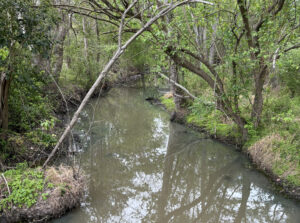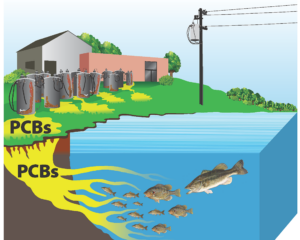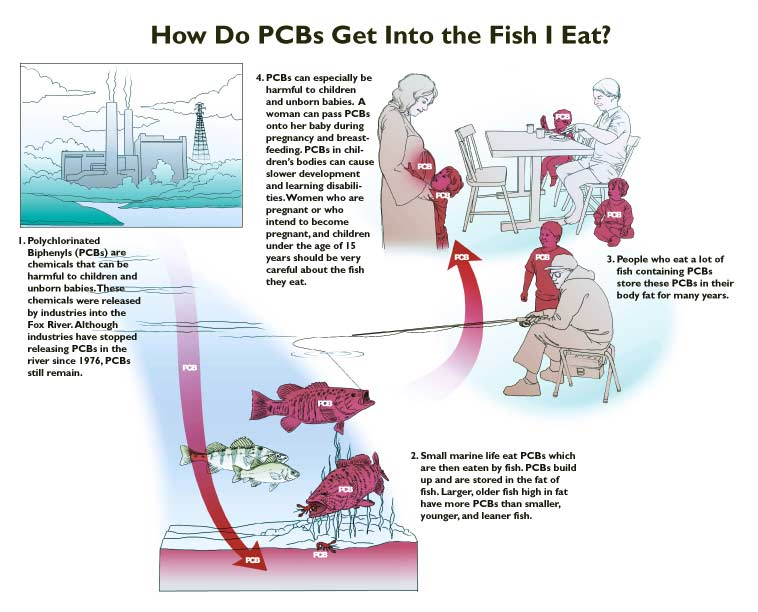News
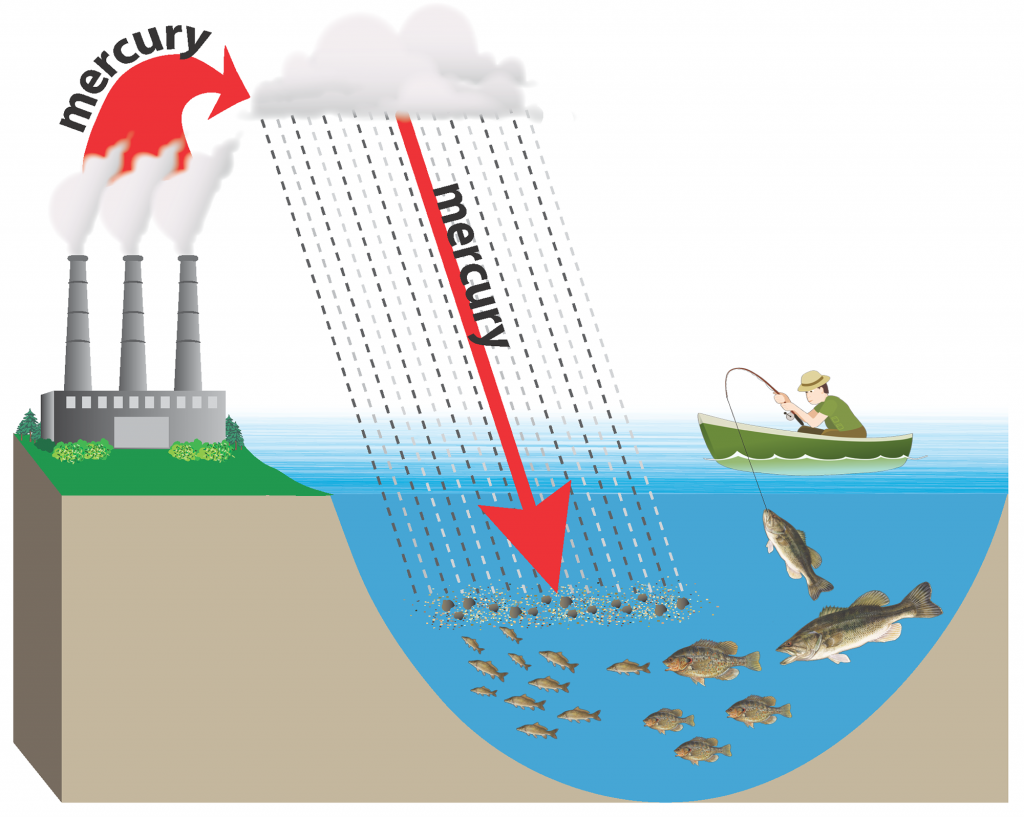
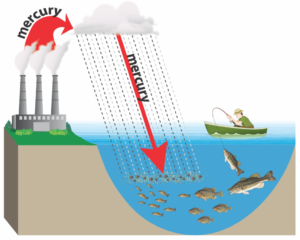 By Matt Buttler & Matthew Starr
By Matt Buttler & Matthew Starr
Seafood is an important part of any diet. Fish and shellfish are a great source of protein and nutrients, and are low in saturated fat. A well-balanced diet that includes seafood can be good for heart health, growth, and development. Some fish, however, may contain chemicals that could lead to health problems. When contaminant levels are high enough to be unsafe, consumption advisories may recommend people limit or avoid eating certain species caught in certain places. Some seafood can also have bacteria or viruses that cause illness if eaten. These risks are often managed by limiting or preventing the harvesting of shellfish from contaminated waters, as we have recently seen here in Eastern NC.
A fish consumption advisory is a recommendation to limit or avoid eating certain species of fish or shellfish, caught from specific water bodies or types of water bodies, because of chemical or bacterial contamination. Advisories are usually issued for the general public, but at times are issued for specific groups of people at high risk such as children, pregnant or nursing women, the elderly, or individuals that consume large amounts of seafood.
The majority of the fish consumption advisories in the U.S.A. are due to contamination by five chemicals: mercury, PCBs, chlordane, dioxins, and DDT. These particular chemicals are found in higher concentrations in fish tissue than in the water because of bioaccumulation. Simply stated, larger species, or ones at the top of the food chain, have higher concentrations of harmful chemicals than the smaller animals they eat, and they cannot rid it from their bodies.
In North Carolina, there are two chemicals that are of most concern, Mercury and PCBs. These chemicals stay in the environment for many years and can build up in larger fish such as largemouth bass and catfish. PCBs have been shown to cause cancer and mercury can harm the brain and kidneys. Children, born or in the womb, are at higher risk because their bodies are still developing and are smaller.
Another subset of the population more affected is subsistence fishermen. These individuals fish to feed their families. As such, they tend to consume larger amounts of fish and have a higher exposure to the harmful chemicals. This population also tends to be in a lower socioeconomic level and have less access to healthcare to combat any ill effects.
Fish consumption advisories in North Carolina are issued by the Occupational and Environmental Epidemiology Branch of the N.C. Division of Public Health. Individuals can access the website and find fish consumption advisories for the state and for their local water bodies.
Sound Rivers staff have identified issues with the fish advisory process in North Carolina. Various state agencies, federal agencies, and universities have different language on their websites. There are different definitions for a portion size or meal equivalent. The information is web-based and typically only in english, meaning most of the information is not accessible to the most vulnerable populations. Additionally, it is difficult to find consistent fish consumption advisory information online. Lastly, North Carolina’s fish consumption advisories web page (http://epi.publichealth.nc.gov/oee/fish/advisories.html#P) does not include photos of the fish affected. In North Carolina there can be many names for the same fish; having a photo of the affected species will help ensure individuals are correctly educated.
The staff at Sound Rivers is working with the UNC Institute for the Environment and other local partners to address these concerns. Through grant funding and continued membership support, we will help to bridge the gap to bring consistent, accessible, and digestible information on fish consumption to all of the population in our river basins. As always, we continue our commitment to eliminate the very sources of pollution that poison our fish and seafood.
Related News
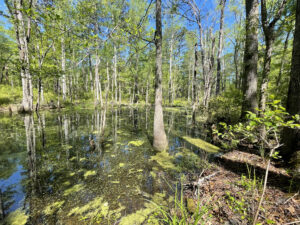
Tell NC to restore wetlands protections!
April 19th 2024
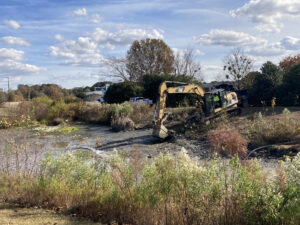
Position available: Stormwater Education Coordinator
April 18th 2024
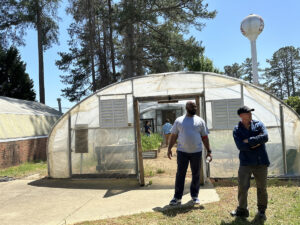
Southern Nash next in line for stormwater projects
April 18th 2024
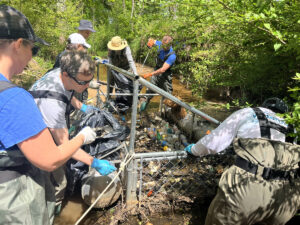
Xylem, Sound Rivers team up for cleanup
April 18th 2024
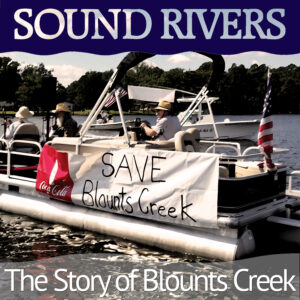
Sound Rivers launches new podcast
April 18th 2024
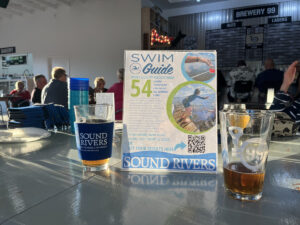
Swim Guide gearing up for a seventh season
April 11th 2024
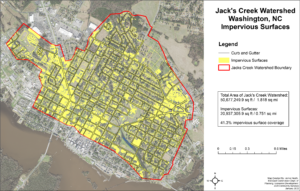
Feedback needed for Jack’s Creek plans, projects
April 11th 2024

Pamlico-Tar Riverkeeper talks water quality
April 11th 2024
